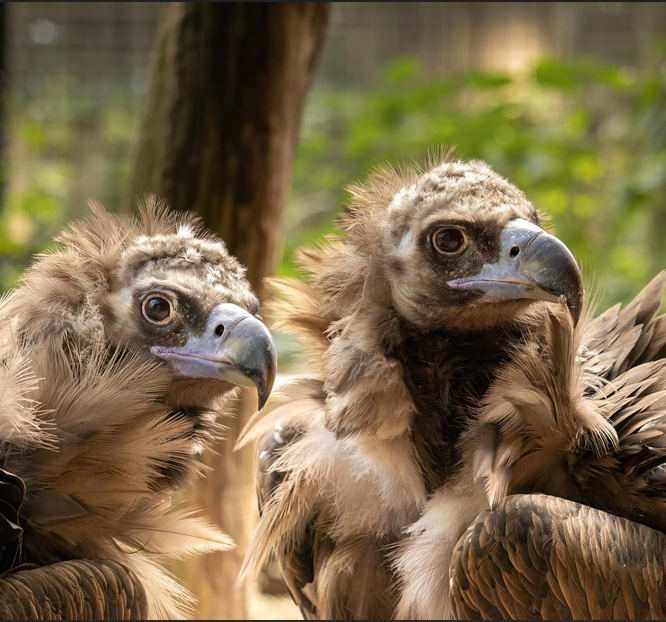Cape Town – A mass poisoning incident in the Mahlangeni Section of the Kruger National Park has left 123 vultures dead and prompted the largest coordinated vulture rescue operation in the park’s history.
A joint effort by South African National Parks (SANParks) and the Endangered Wildlife Trust (EWT) successfully rescued 84 poisoned vultures, most of which are now recovering.
The poisoning was discovered early on Wednesday morning by the EWT’s advanced wildlife poisoning detection system, which flagged suspicious activity at 06:05. By 08:20, a joint response team of SANParks rangers and EWT officials reached the remote site, where they found an elephant carcass laced with a highly toxic agrochemical — a method commonly used by poachers to kill scavengers and harvest body parts for the illegal wildlife trade.
Of the vultures found dead, 102 were White-backed Vultures, 20 Cape Vultures, and one Lappet-faced Vulture—all listed as endangered or critically endangered.
“This marks one of the largest vulture poisoning events in Southern Africa,” SANParks and the EWT confirmed in a joint statement.
“Over 20 individuals across conservation, veterinary, and enforcement sectors played a role in the rescue and response. Without rapid detection by the EWT’s wildlife poisoning detection and surveillance system and the unprecedented cooperation between NGOs, rangers, vets, and SANParks aerial and ranger units, many more birds would have been lost.”
The initial rescue team treated two distressed vultures found near the carcass with emergency first aid—administering atropine, activated charcoal, and fluid therapy.
Reinforcements, including veterinarians from Moholoholo Wildlife Rehabilitation Centre, Briner Veterinary Services, and Wildscapes Veterinary Services, soon arrived.
Helicopters were used for the first time in a rescue of this scale, transporting 39 birds to the SANParks K9 unit in Phalaborwa, while 45 others were stabilised in EWT’s specialised vulture ambulance. A final group was transferred to Moholoholo for overnight care.
Despite five vultures later succumbing to poisoning, 83 remain alive and under intensive rehabilitation—representing a 96% survival rate among those rescued.
Authorities believe the poison was deliberately used by poachers, part of a growing trend across southern Africa where wildlife is targeted using agricultural toxins.
Conservationists warn that such tactics not only devastate vulture populations, but also threaten other species like lions, which are increasingly targeted for use in traditional medicine.
Investigations into the poisoning are ongoing.
Follow African Insider on Facebook, Twitter and Instagram
Picture: Pixabay
For more African news, visit Africaninsider.com
Compiled by Betha Madhomu



